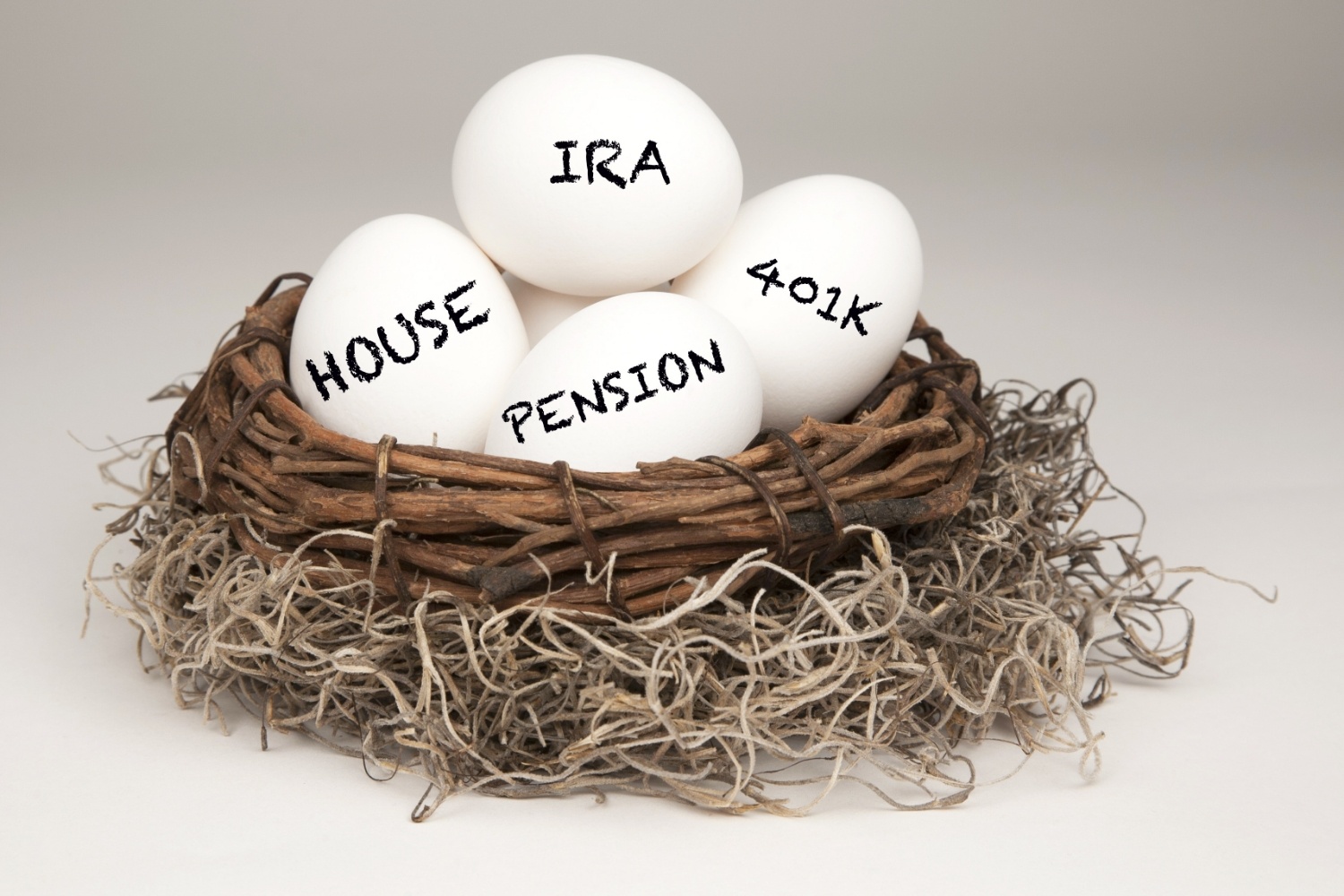Am I On Track for Military Retirement?

Preparing for military retirement is confusing at best. Financial gurus offer an array of advice about diversified portfolios that include investment in foreign markets, gold, silver, stocks, IRAs, 401Ks, and bonds.
Others suggest including cash under the mattress and residual income businesses. While your financial advisor may be able to help you with those options, it’s good to at least have a rough idea of where you should be right now. If you aren’t where you’d like to be, then in what case might real estate be a viable option for providing you with a monthly paycheck in retirement? Let’s find out!
How much should I have in savings?
Helpful calculators are available on most military bank websites, such as USAA and Navy Federal. They help you determine how much you need in savings to meet your goals. If you’re just beginning the process of planning your retirement, those numbers may seem a little arbitrary. Perhaps an easier way to get started is to consider savings in terms of your current pay. Financial planner, Charles Farrell, provides savings ratios in his book Your Money Ratios. He explains that you should have the following amounts saved away by these ages:
-
35: 1.4 times your salary
-
45: 3.7 times your salary
-
55: 7.1 times your salary
Hopefully, a quick calculation should help you know immediately if you’re on track for retirement.
But, what if that calculation showed you that you’re not on track?
If you’re still early in your career, you can continue to boost your savings. If that means increasing your income, consider a part-time position or potentially renting out a room in your home. You can read about creating income suites in our post 4 Concerns When Renting Out a Room in Your Home.
You can also work to pay down your mortgage more quickly. A paid off house serves as a great asset to your military family as either a rental property or your primary residence, particularly in retirement. If you’re concerned about mortgage tax implications on a paid off home, make sure to check out our post on The Impact of Eliminating Mortgage Interest.
Is real estate a viable option for providing me a monthly paycheck in retirement?
The first thing you need to know about investing in real estate for retirement is that mortgaged properties rarely realize much cash flow after expenses. Even if you “make” a couple of hundred dollars above the mortgage, interest, and property tax fees per month, that money will likely disappear into the next carpet replacement, appliance repair, or general maintenance costs of the house. The most money in investment real estate is made in homes that are owned outright.
When determining if you’re on track for retirement, remember that the average American lives into their mid-80s, so plan for the long term. Know how much you need to have in savings, make adjustments if necessary, and plan for cash flow and tax implications in any real estate in your retirement portfolio.





